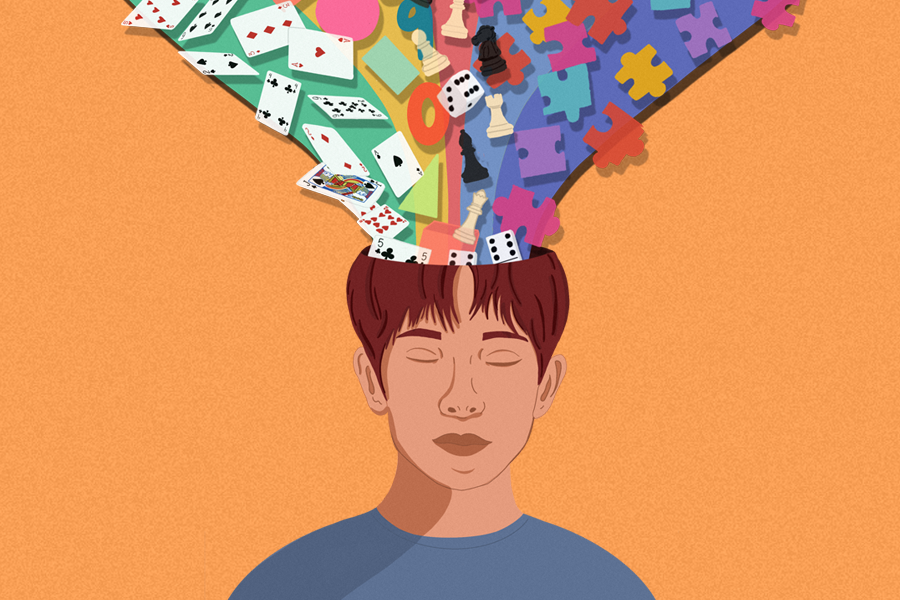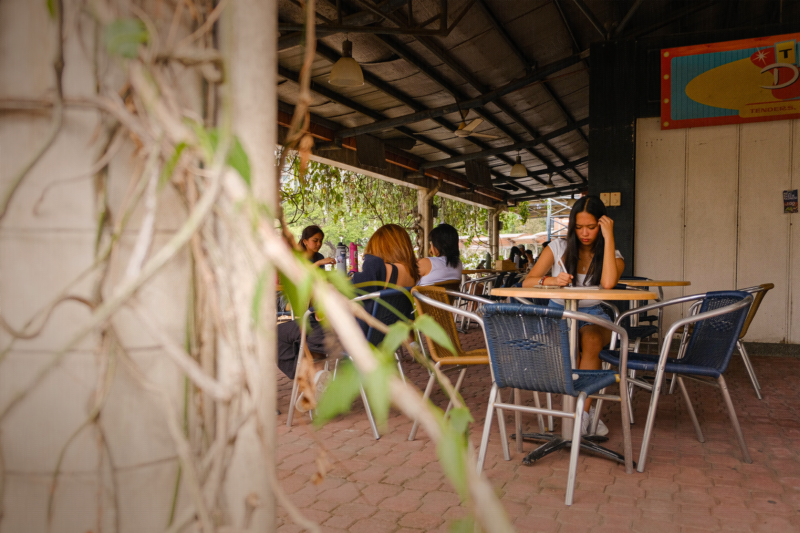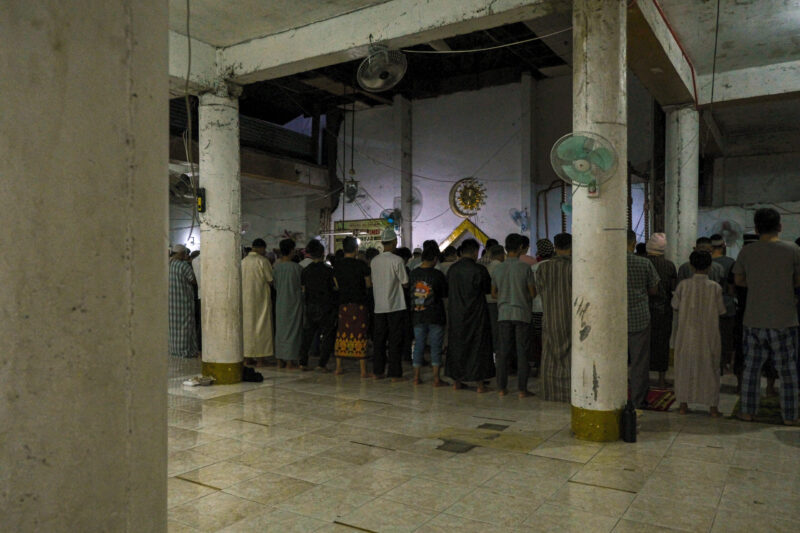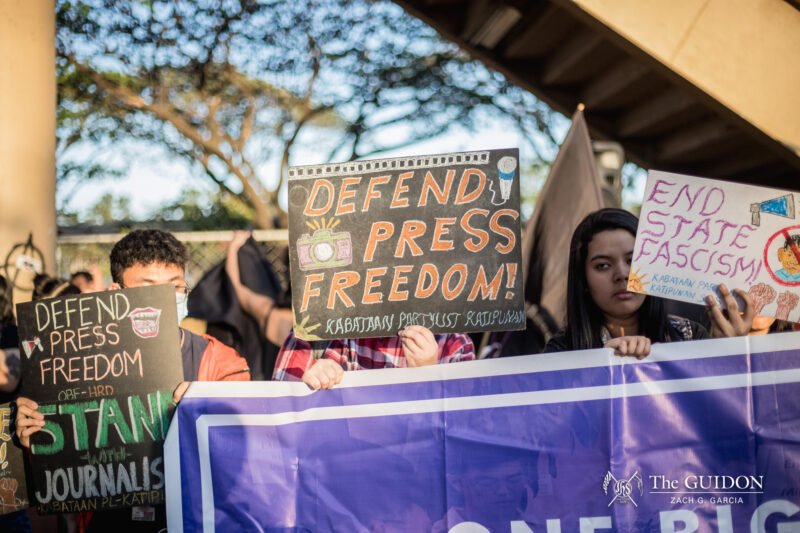THE PALACE of the mind is opened up in memory sports, where mental athletes memorize decks of cards, sequences of numbers, and images with impressive speed. Memory athletes accomplish the seemingly impossible, making retaining and recalling vast amounts of information appear easy. These competitors go beyond the typical physical definition of an athlete, showcasing athleticism through the mind’s strength, flexibility, and agility in its stead.
Mental gymnastics
To an outside observer, a memory competition can appear as a large group of people taking exams, their eyes quickly scanning and absorbing endless amounts of information on sheets of paper. A timer goes off and they begin to write down whatever they remember, scrawling down digit after digit in a series of thousands.
Zooming into the memorization process proves that there is much more than meets the eye. Enzo Castillon (2 BS AMDsc – M DSc), an International Grandmaster on the Philippine National Team for Memory, shares, “We always make it a habit to convert every piece of abstract information into something concrete. Whenever I memorize a thousand digits in minutes, I don’t actually memorize the digits as digits. I memorize them as images.”
Armed with techniques and training, memory athletes enter international arenas ready to represent their country against global competitors. Still in its infancy, the Philippines is a recent addition to the global memory community. While the 1990s brought the advent of memory sports in Europe, the Philippines only began entering global championships and holding local competitions ten years ago.
Their recent entrance to the memory sport scene does not stop Filipinos from finding success in the field. Memory Sports Philippines Founder Robert Racasa has seen these achievements firsthand. The Philippine Memory team bagged multiple medals at the World Memory Championship 2013 and won the Hong Kong Memory Championship in the same year.
The Philippines has since produced exemplary memory athletes, capable of demonstrating their talents and abilities on the world stage. Racasa states, “Filipinos are at par with the giants in Memory Sports such as America, Germany, [and the] United Kingdom.”
For memory athletes to develop such expanded memorization skills, intensive training is needed. Whether it is in staring at abstract information all day, shaving seconds off record speeds, or sharpening precise recall skills, memory athletes dedicate great amounts of time and effort toward improving themselves as athletes.
Palace foundations
Despite its uniqueness, memory sports do not differ much from the training of other physical or mental sports. Through perseverance and passion, the techniques used by memory athletes can be learned and eventually mastered. Racasa explains that the mind of a memory athlete works by visualizing a map that contains familiar locations and routes. “We are using a personalized memory system that converts information into images,” Racasa says.
This technique utilizes the brain’s ability to quickly memorize spatial locations. With other acquired techniques like the Roman room, the Journey method, and the Memory Palace, athletes develop their ability to recall information. No memory athlete can rely on genius or natural talent alone, as qualities like discipline and concentration are required to further enhance one’s capabilities.
For the palace of the mind to have a substantial and sturdy foundation, Castillon emphasizes the incorporation of creativity and imagination while training. “You need to mold your brain into a creative machine […] rather than the usual approach we have in memorization,” he says. Repetition without innovation can become a hindrance to a memory athlete’s progress.
“For any sport, you need to put in the work, but I find using memory techniques to be quite fun. [In using these techniques], you reconfigure your brain to be creative,” Castillon elaborates. His fiery passion paved the way towards becoming a member of the National Team for Memory Sports.
Mindsets
Castillon and Racasa were introduced to memory sports differently, but their passions developed with similar mindsets. Castillon started with his interest in solving Rubik’s cubes and observing patterns. As he aspired to memorize the different permutations of the cube, he was compelled to read a book about memorizing efficiently. After Castillon began training, he found himself competing more often and bagging several awards. His newfound hobby motivated him to optimize his ability to retain and recall information.
Racasa, on the other hand, discovered memory sports by simply browsing the internet back in 2008. His aspiration to make memory sports more popular in the Philippines pushed him further. “The fact that there is no single Filipino competing in this sport gave me enough motivation to pursue it,” Racasa shares. Although his journey as the founder of Memory Sports Philippines felt daunting at the start, his passion to teach more students gave him fulfillment.
Like any other athlete, Castillon and Racasa had their individual shares of ups and downs. Both experienced challenges throughout years of constant training and learning. For Castillon, there were moments where he felt a lack of improvement. Although the sport is physically exhausting, he highlights, “The mental aspect is much more severe. […] There are just days, weeks, and months where you’re […] plateauing—and it feels like your time is being wasted.”
On the other hand, Racasa found difficulty in financing his travel expenses to participate in competitions outside the country. Since world championships for memory sports are often held in Europe, Racasa needed to find enough support from different sponsors. Despite these obstacles, Castillon and Racasa remain determined as they continue their individual careers. A memory athlete’s preparation demands not only patience, but also unwavering commitment.
Through this commitment and creativity, the two have pursued memory not just as a sport but also as a way of living and used it in accomplishing other tasks. They have conquered challenges by valuing the significance of memory in their personal lives. “I’m enjoying and [applying] memory, not just in competitions, but also in my academics and other aspects of my life,” Castillon shares.
Whether it is learning a new language, acquiring more vocabulary, or building up mental fortitude and endurance, Castillon describes how useful memory is especially for mentally taxing tasks. Racasa also applies memory techniques to calibrate his brain in studying other fields of knowledge. “In any field of endeavor, may it be in sports, academics, vocation, or in any profession, a trained memory can be a priceless asset,” he explains.
Through this extraordinary sport, memory athletes like Castillon and Racasa prove the different wonders of mind. They exhibit outstanding capabilities because of the mindset and motivations that they share. Although memory competitions in the Philippines are still developing, Castillon and Racasa encourage other Filipinos to try learning the techniques used in memory. Through commitment and determination, the mind’s potential is unlocked and peak mental performance can be achieved.







